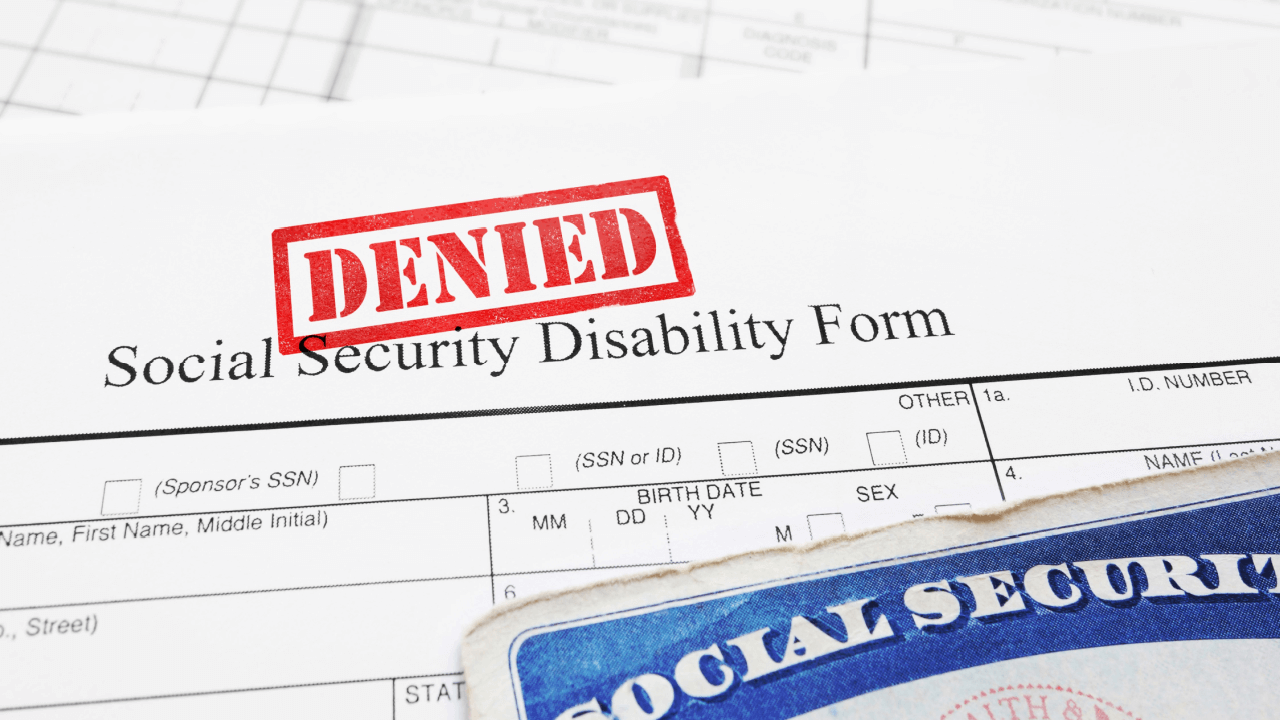
What Problems Do People Face on Social Security Disability?
Common Application Problems: What Problems Do People Face on Social Security Disability Claims
What problems do people face on social security disability applications affect millions of Americans seeking essential benefits? Social Security Disability Insurance (SSDI) and Supplemental Security Income (SSI) programs provide crucial financial support for individuals unable to work due to medical conditions. However, navigating these programs presents significant challenges that can delay or deny benefits to those who need them most.
Understanding these common obstacles helps applicants prepare better documentation, avoid costly mistakes, and increase their chances of approval. From complex paperwork requirements to lengthy waiting periods, the disability system creates multiple barriers that can overwhelm even prepared applicants.
Documentation Challenges: Missing Medical Evidence Issues
Medical documentation represents the most critical component of any disability claim, yet gathering comprehensive evidence creates substantial problems for applicants. The Social Security Administration requires extensive medical records spanning months or years, including physician notes, test results, treatment histories, and specialist evaluations.
Incomplete Medical Records
Many applicants struggle to obtain complete medical files from multiple healthcare providers. Doctors’ offices may charge fees for copying records, delay responses to requests, or provide incomplete documentation that lacks specific details about functional limitations. Missing gaps in treatment history can raise red flags for disability examiners.
Lack of Specialist Documentation
Social Security often requires evaluations from specialists relevant to specific conditions. Obtaining appointments with neurologists, psychiatrists, or orthopedic surgeons can take months, while some specialists refuse to complete disability forms. Without proper specialist documentation, claims frequently face denials.
Financial Hardship During: Waiting Period Struggles
The disability determination process typically takes 3-5 months for initial decisions, with appeals extending timelines to 12-24 months or longer. This extended waiting period creates severe financial hardship for applicants who cannot work while awaiting decisions.
Income Loss Impact
What problems do people face on social security disability during waiting periods include complete loss of employment income. Most applicants exhaust savings, fall behind on rent or mortgage payments, and struggle to afford basic necessities. Unlike unemployment benefits, no interim financial assistance exists during disability processing.
Medical Bill Accumulation
Ongoing medical treatment remains necessary during application review, yet many applicants lose employer health insurance upon leaving work. Mounting medical bills compound financial stress while potentially providing evidence needed for claim approval. This creates a difficult cycle where necessary medical care becomes financially devastating.
Appeal Process Difficulties: Navigating Denial Responses
Initial disability applications face denial rates exceeding 65%, forcing most successful applicants through complex appeal procedures. The appeals process includes multiple levels: reconsideration, administrative law judge hearings, appeals council review, and federal court appeals. Benefits.gov provides comprehensive information about disability benefits and eligibility requirements.
Each appeal level requires specific deadlines, additional documentation, and different procedures. Missing a 60-day deadline can permanently close appeal rights. Administrative law judge hearings involve formal legal proceedings where applicants must present testimony and evidence before trained judges. Without legal representation, many applicants struggle to present compelling cases.
Understanding Denial Reasons
Denial letters often contain vague language about “insufficient medical evidence” or ability to perform “sedentary work.” Applicants frequently misunderstand these technical terms and fail to address specific deficiencies in subsequent appeals. Professional guidance helps interpret denial reasons and develop targeted response strategies.
Getting Professional Help: What Problems Do People Face on Social Security Disability
What problems do people face on social security disability highlight the importance of professional assistance throughout the application and appeal process. Disability attorneys and advocates understand complex regulations, maintain relationships with medical providers, and present compelling cases that address specific legal requirements.
Professional representatives work on contingency fees, meaning they only collect payment from back benefits if claims succeed. This arrangement makes legal help accessible to applicants facing financial hardship during the disability process.
Take Action Now: Free Disability Evaluation
Don’t let these common problems derail your disability claim. Contact our experienced disability team today for a free case evaluation. We’ll review your medical evidence, explain your rights, and guide you through every step of the process to maximize your chances of approval.
Frequently Asked Questions
1. What is the most common reason for disability denials?
Insufficient medical evidence represents the primary reason for disability denials, accounting for over 40% of initial rejections.
2. How long does the disability process typically take?
Initial decisions usually take 3-5 months, while appeals can extend the process to 12-24 months or longer depending on case complexity.
3. Can I work while waiting for disability approval?
Limited work activity may be possible under trial work period rules, but earning above substantial gainful activity levels can jeopardize your claim.
4. Do I need a lawyer for my disability claim?
While not required, legal representation significantly improves approval rates, especially during appeals processes where success rates with attorneys exceed 65%.
5. What happens if my disability claim is denied?
You have 60 days to file an appeal after receiving a denial notice, starting with the reconsideration level before proceeding to administrative law judge hearings.
Key Takeaways
- Medical documentation challenges represent the biggest obstacle for disability applicants seeking benefits
- Financial hardship during 3-24 month waiting periods creates severe stress for families without income
- Initial denial rates exceed 65%, making appeals necessary for most successful applicants
- Professional legal assistance significantly improves approval chances and helps navigate complex procedures
- Missing appeal deadlines can permanently close your right to challenge denial decisions


